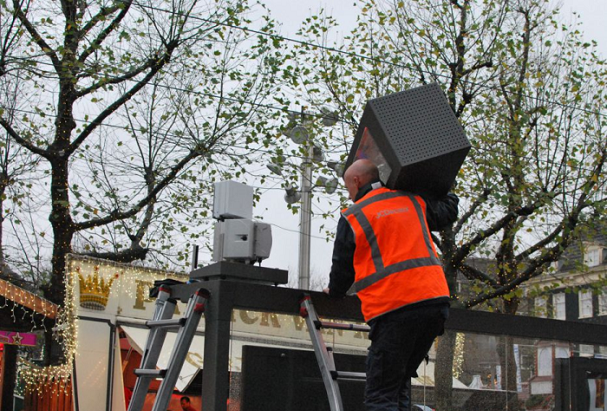Security has become the must have feature for small cells, a new report has claimed, as operators look to battle the increased frequency and severity of breaches.
Stéphane Téral, Senior Research Director, Mobile Infrastructure and Carrier Economics at IHS Markit, said small cells are generally easier to hack than macro sites because they are much more accessible.
Security was seen as the least important factor for small cells when IHS ran the same research five years ago. It has climbed from number two to top of the rankings this year, amid increasing telco concerns.
However, Téral noted the increasing innovation within the small cells space, which has seen the technology directly embedded into street furniture and a corresponding increase in safety.
The report said Nokia’s acquisition of Alcatel-Lucent had led to it becoming the industry’s top small cell manufacturer, followed by Ericsson, Huawei and SpiderCloud.
Téral also noted how operators are mainly connecting small cells to the nearest base station but added that gateway use is on the increase. The bulk of small cells reside the 1.5GHz to 2.2GHz spectrum bands to tap into 3G and LTE networks.
He added: “For our fifth annual small cell strategies study, we asked mobile operators if they have deployed small cells or plan to deploy them. Ninety percent of our respondents—compared to eighty-six percent last year—have already deployed small cells, while the rest plan to do so by the end of 2017.
“This illustrates the continued importance of adding small cells into existing macrocellular networks to close up coverage gaps and increase capacity. The principal business drivers behind operators’ deployment of small cells are lower subscriber churn and increased revenue.”
Earlier this week, Telekom Austria Group’s subsidiary A1 deployed a small cells network at a music festival in order to cope with the demands of dense group of mobile users.


